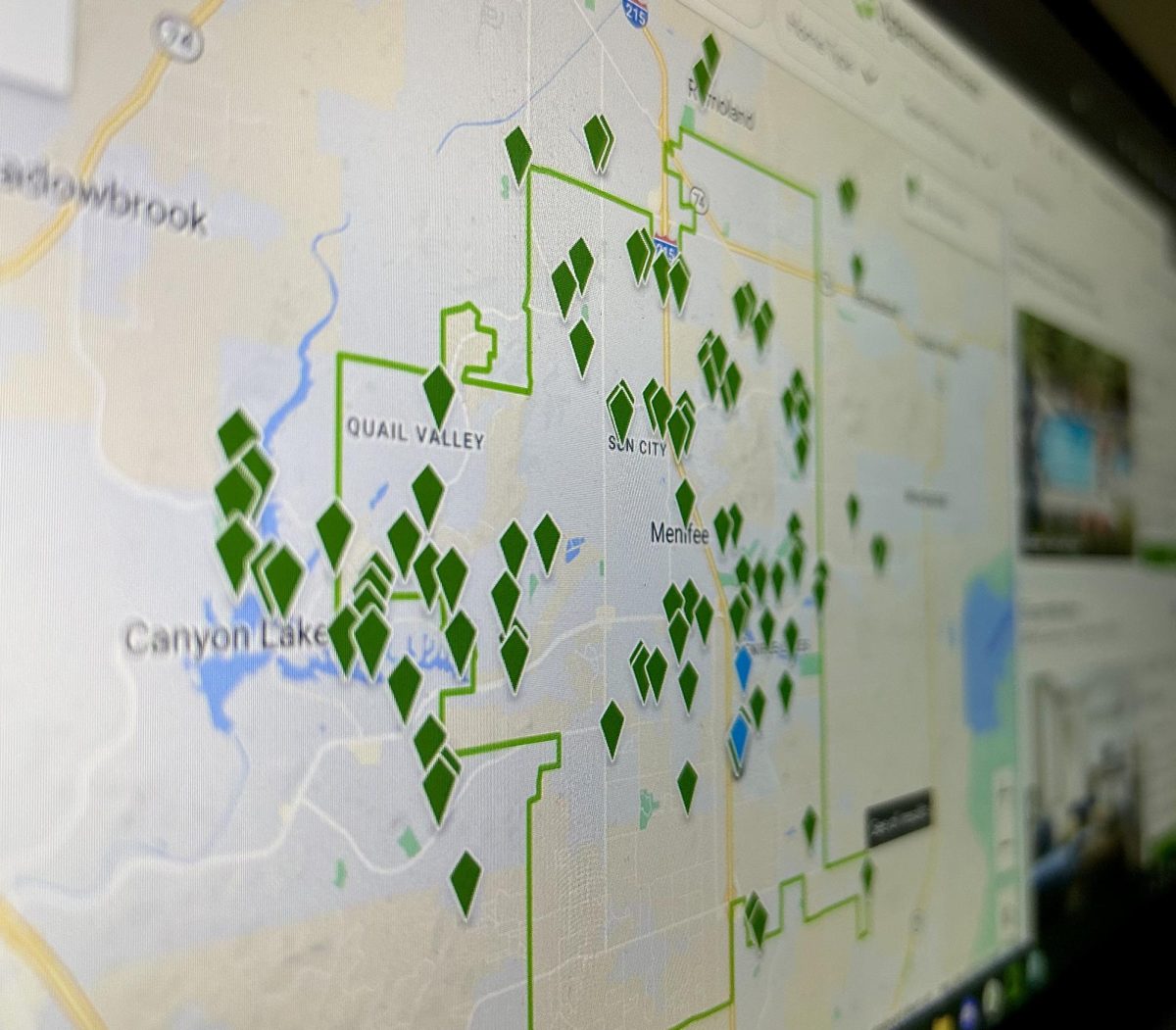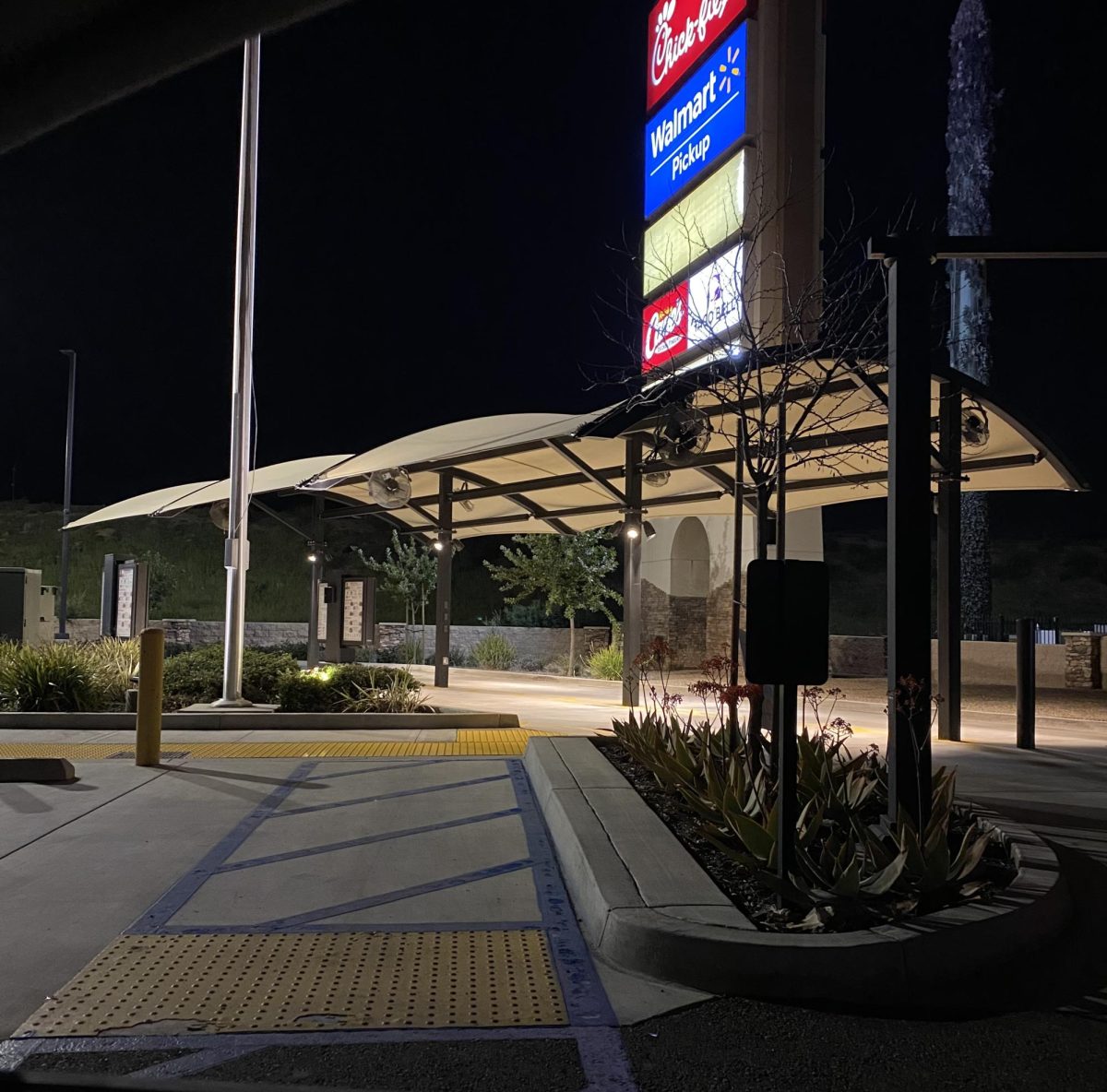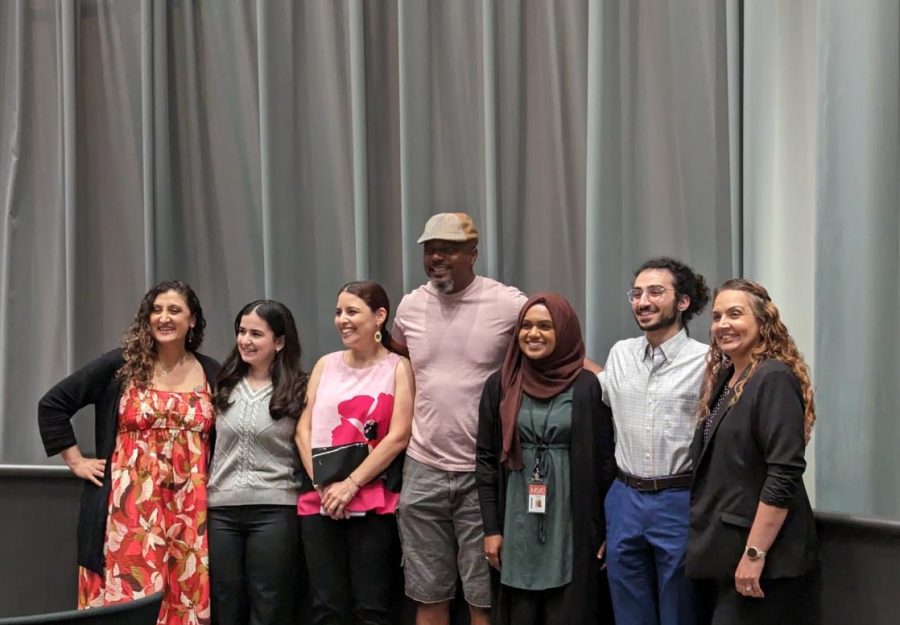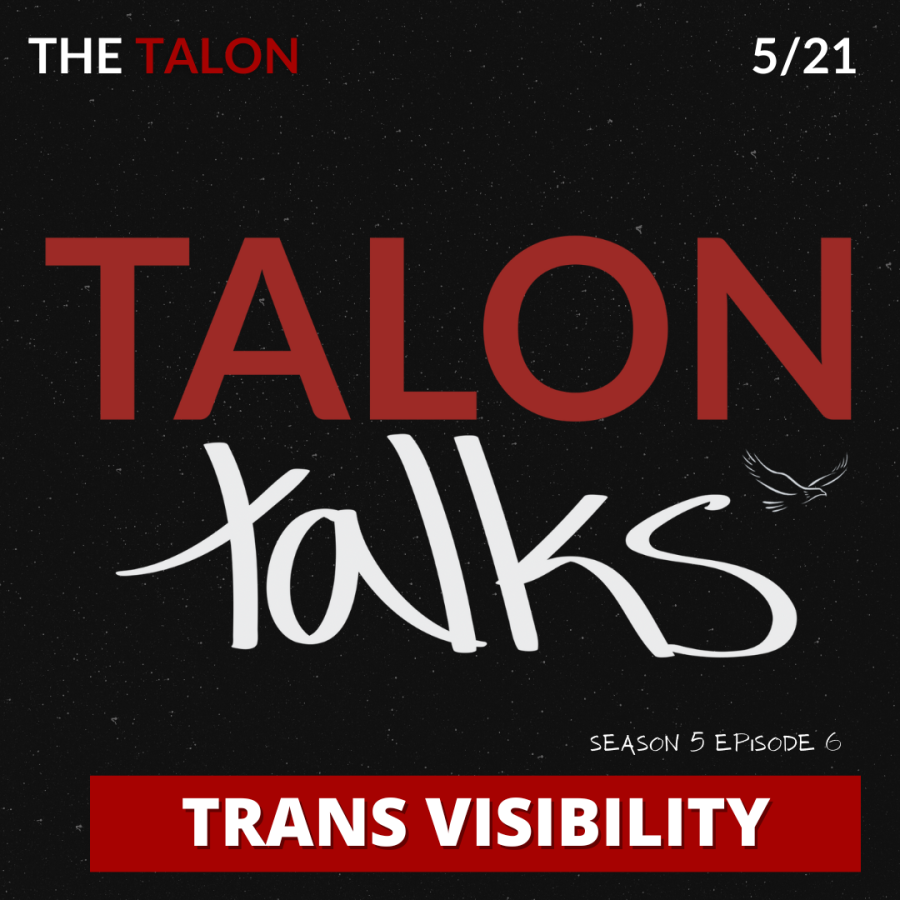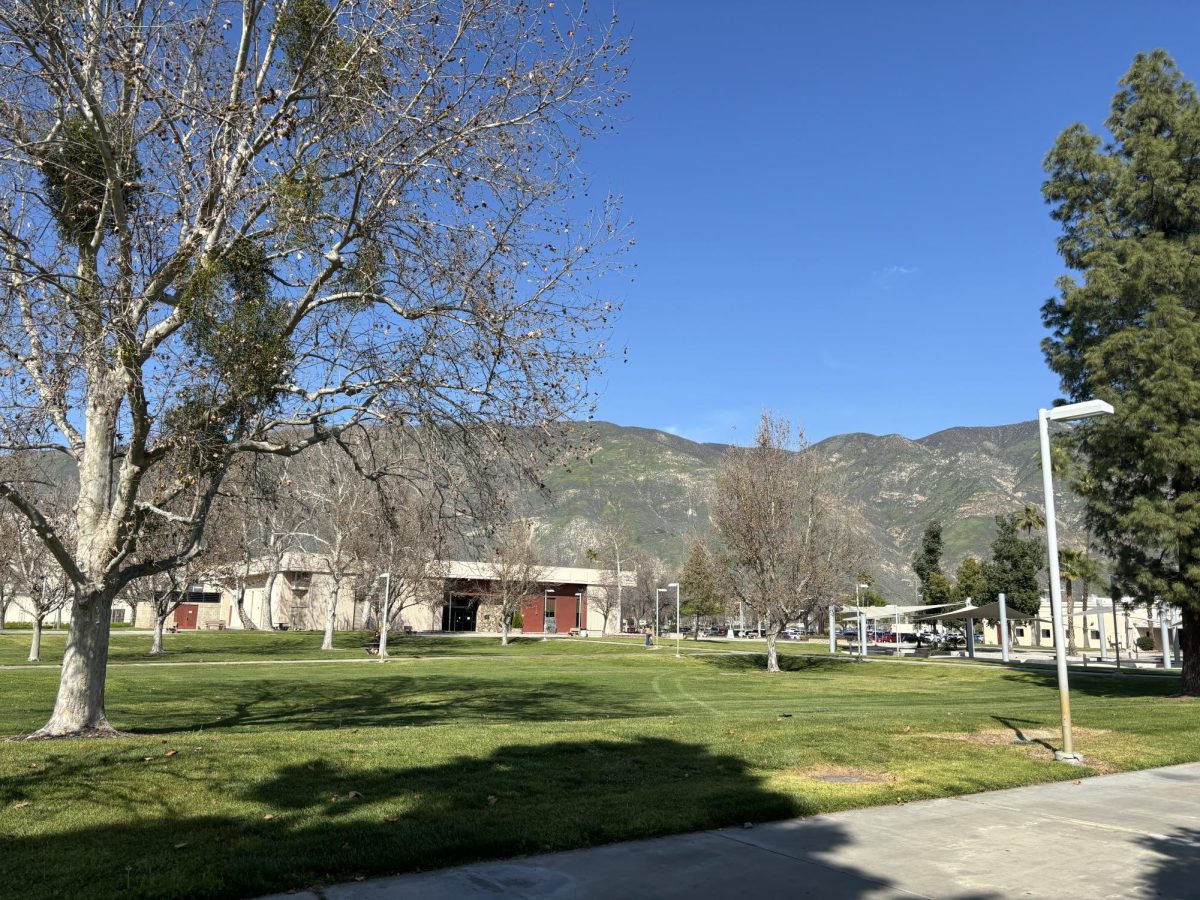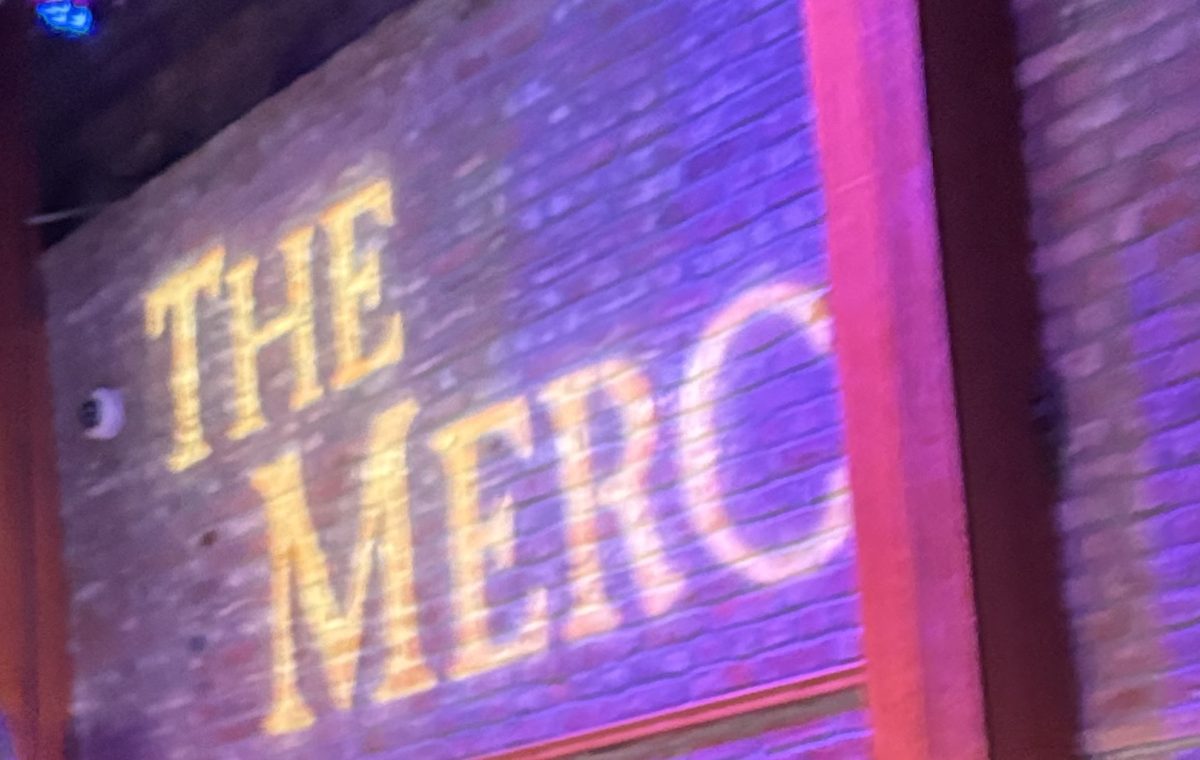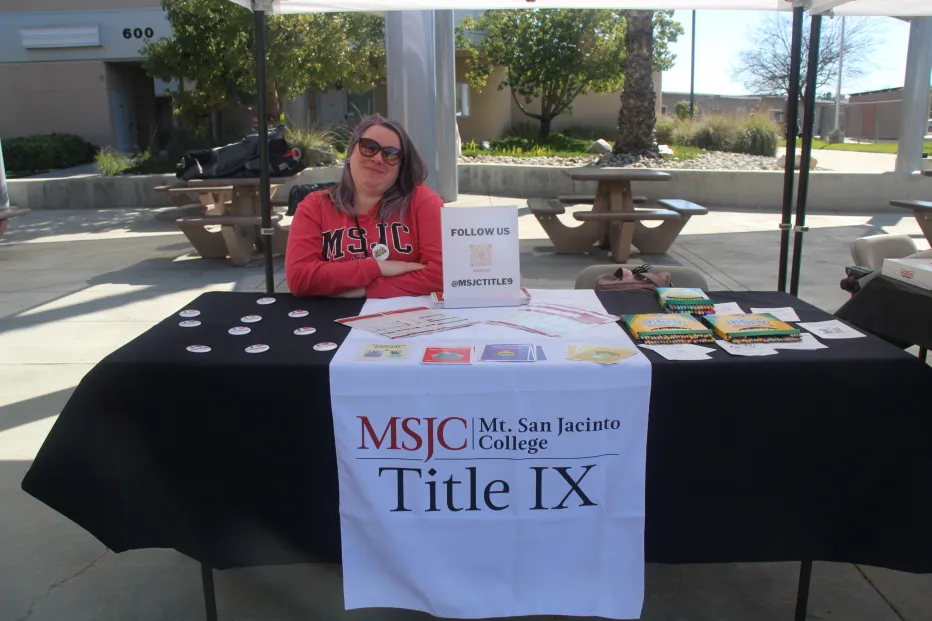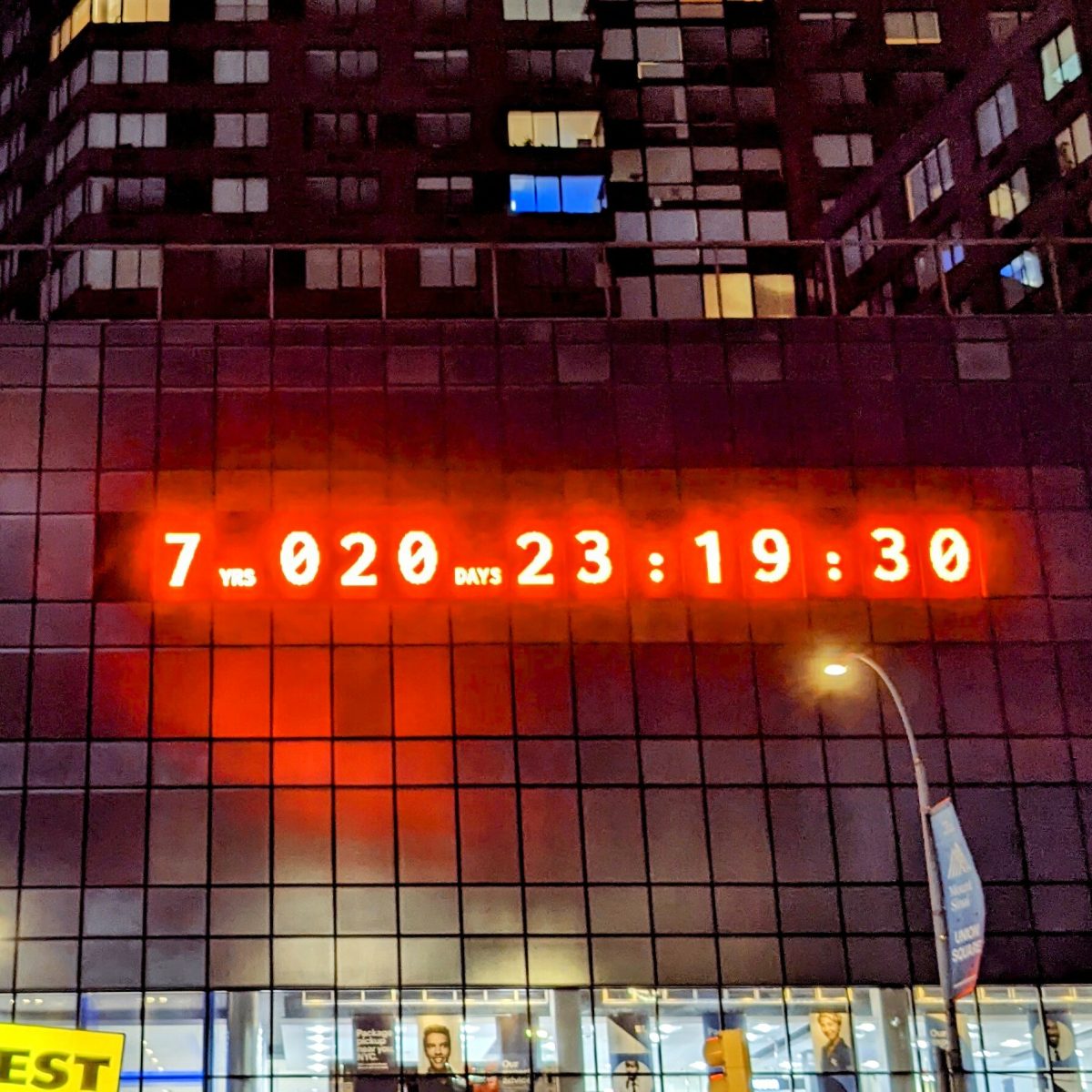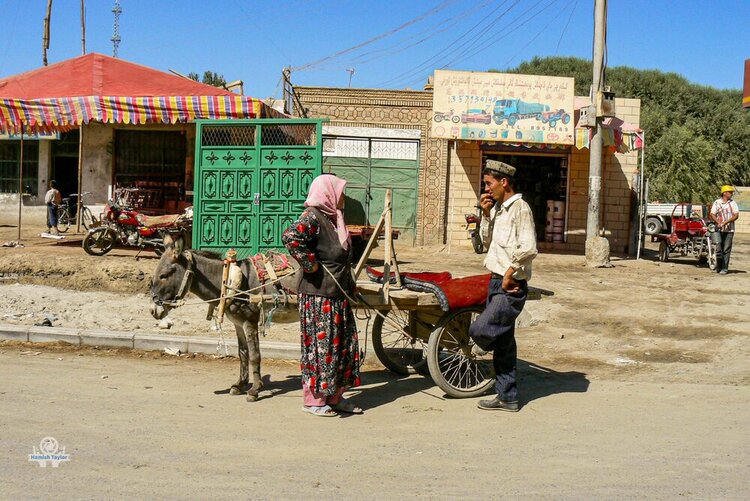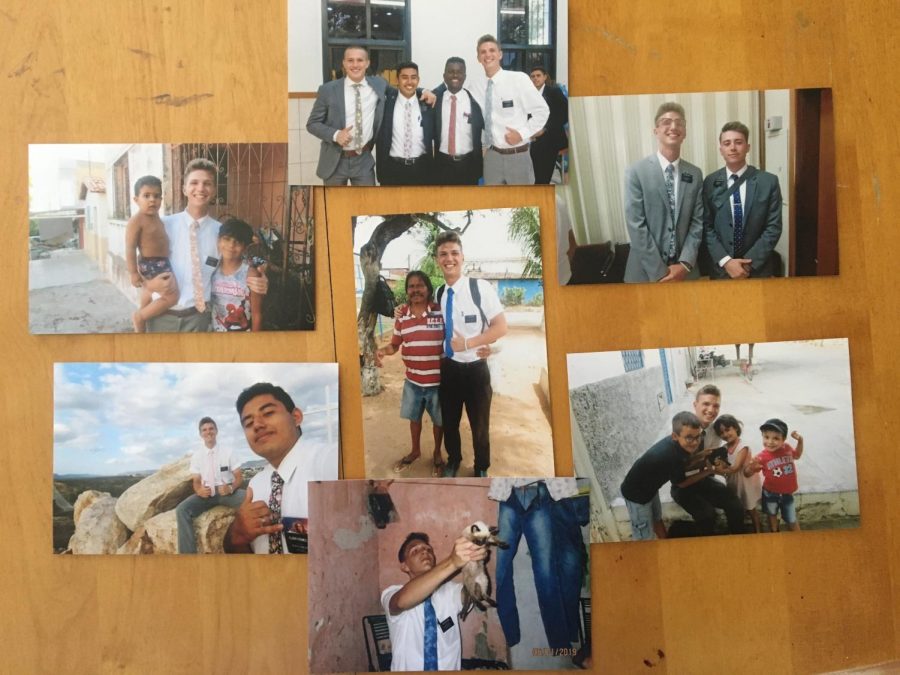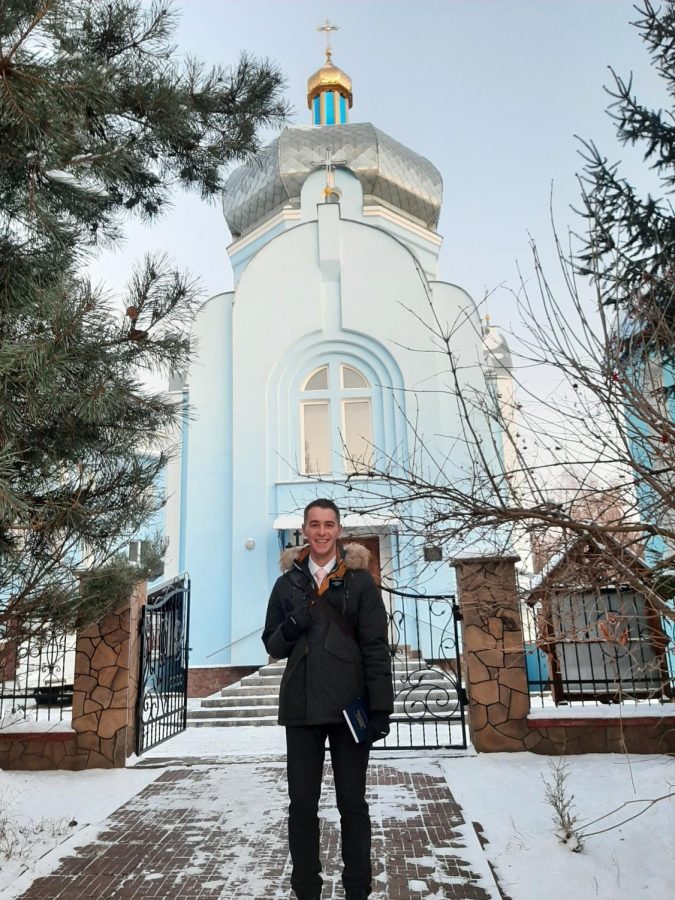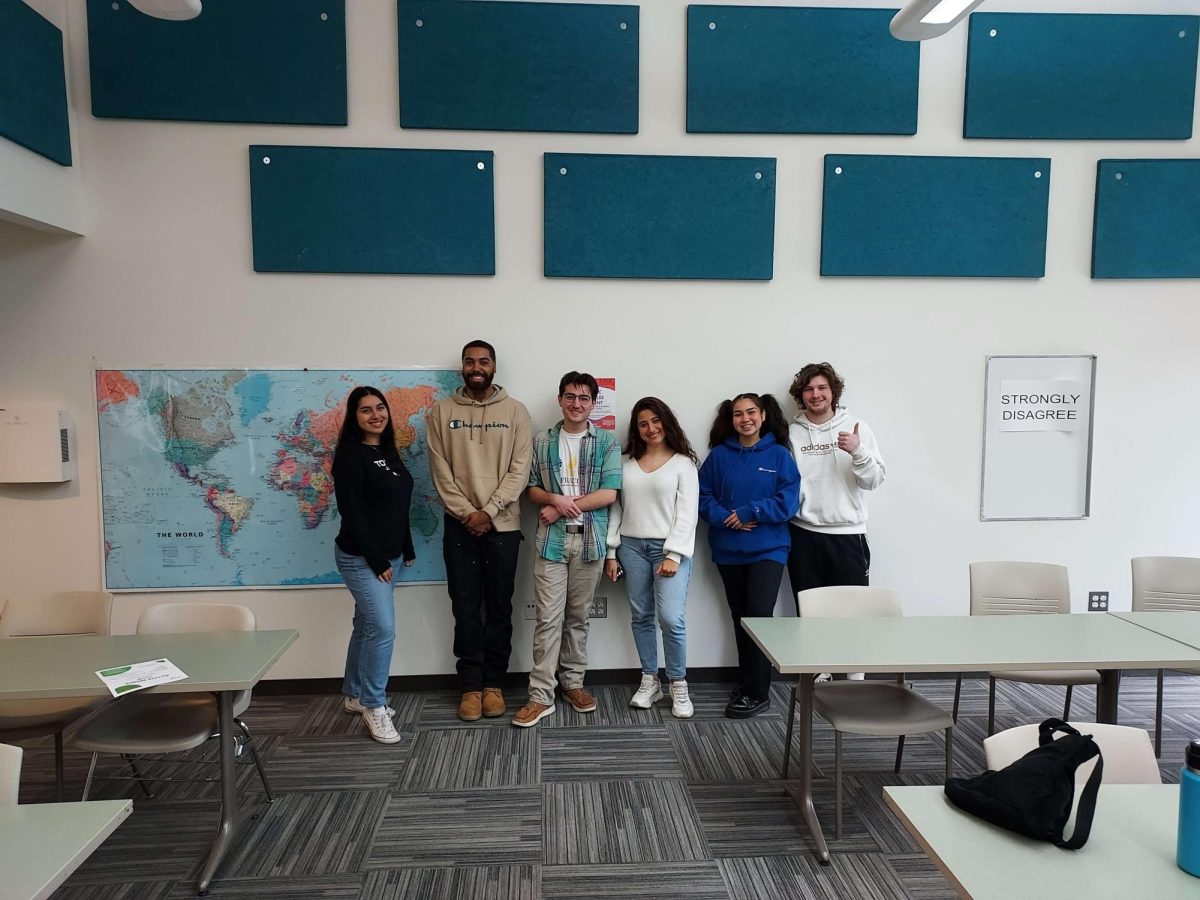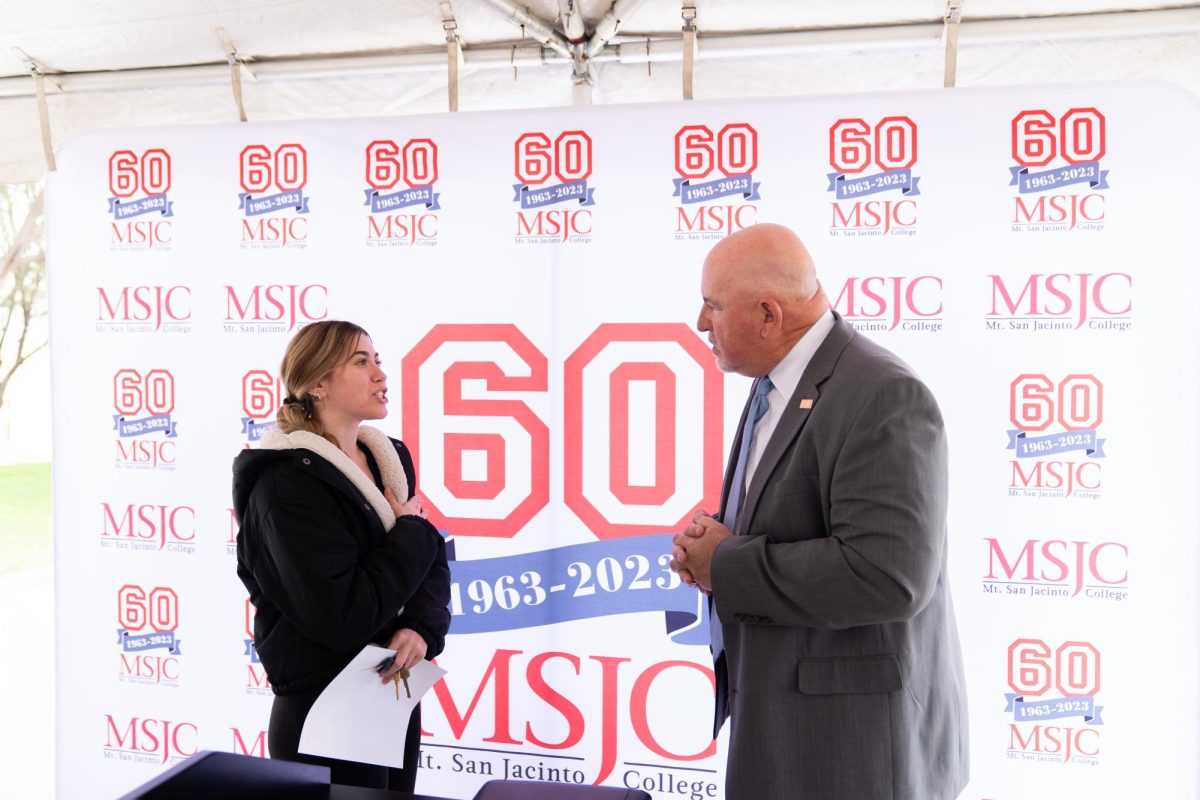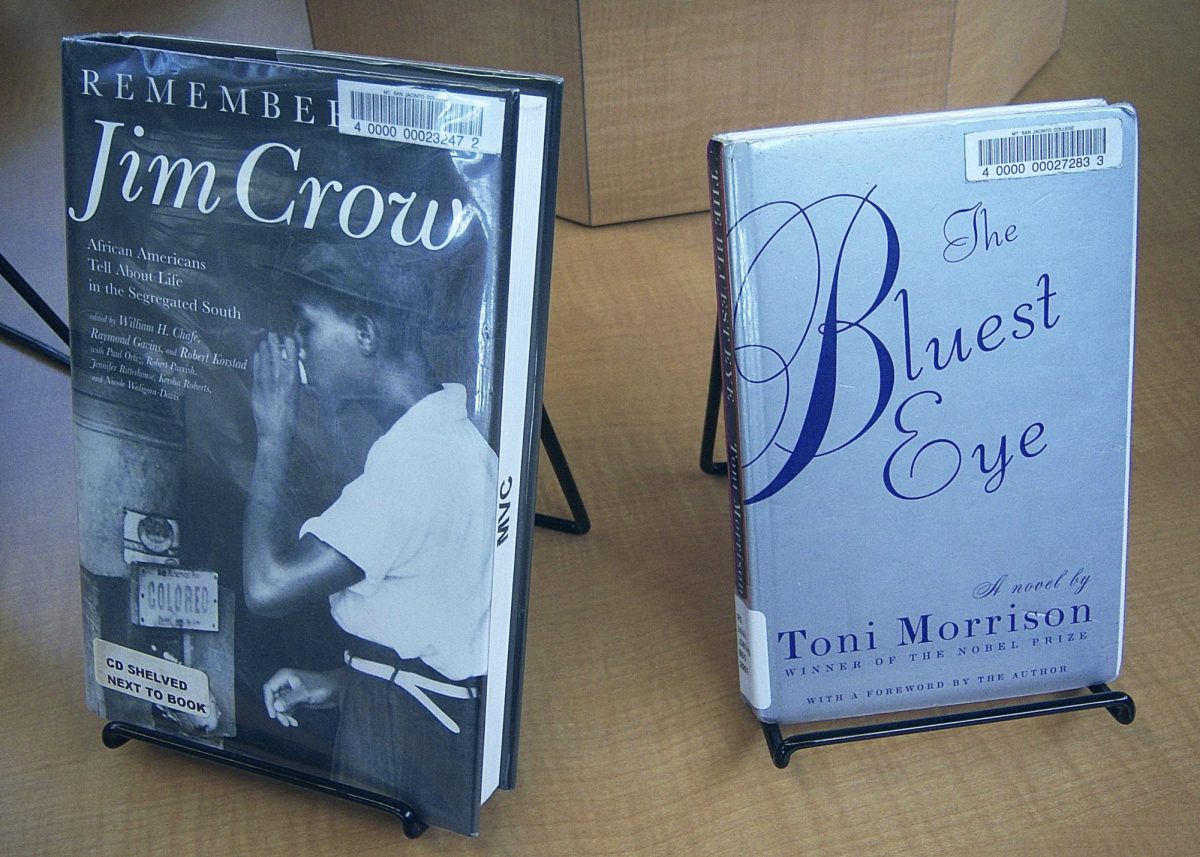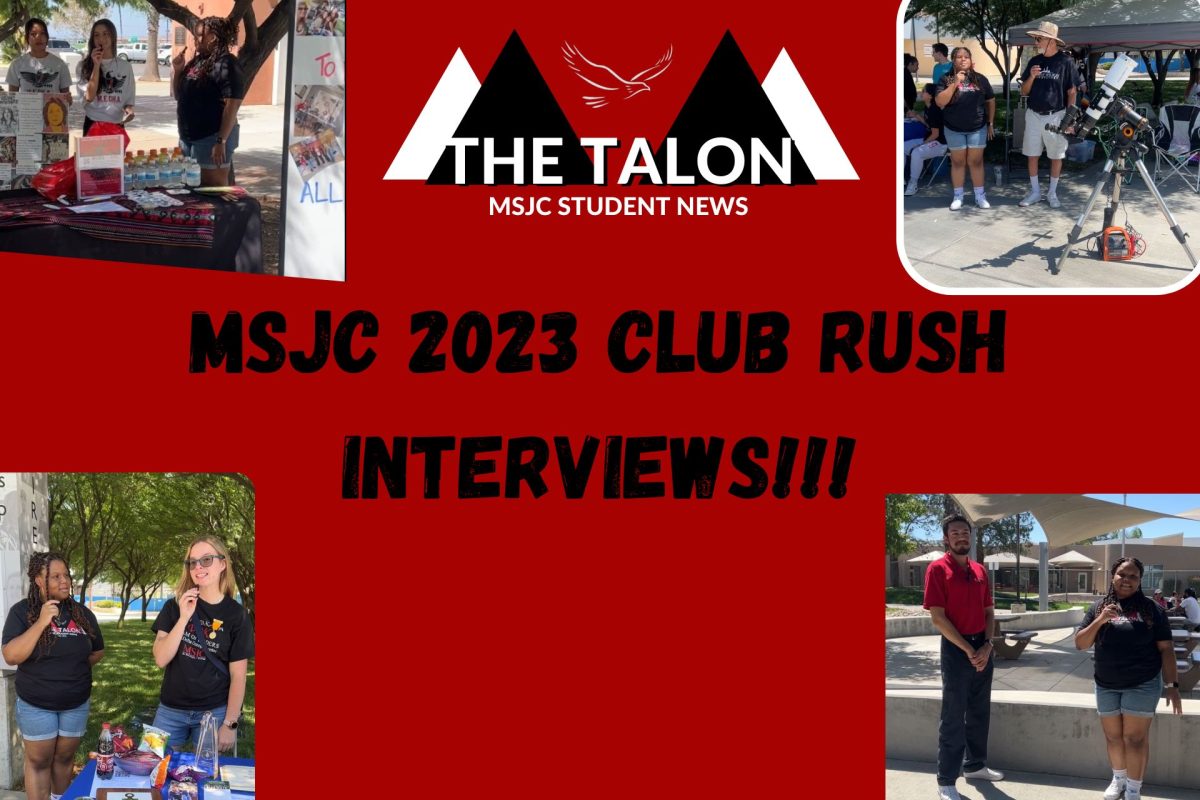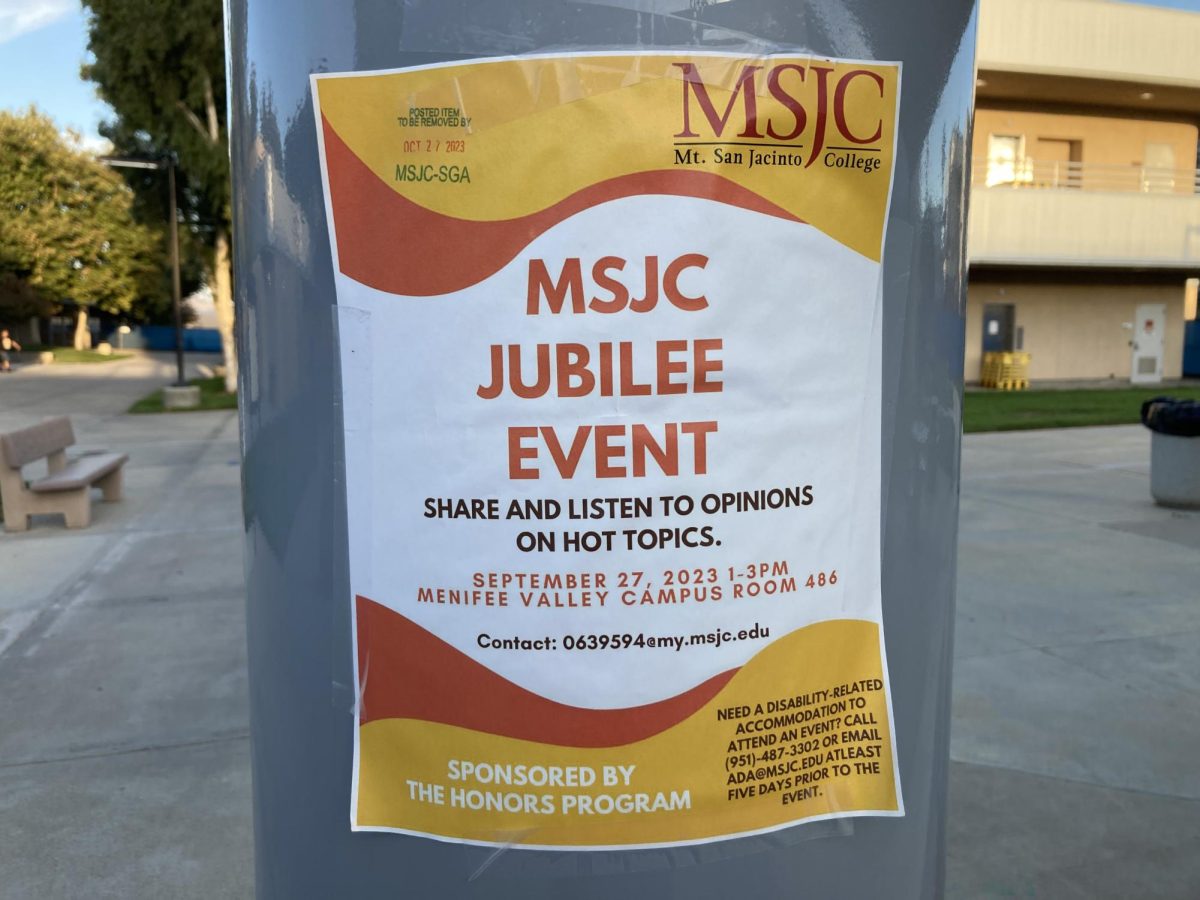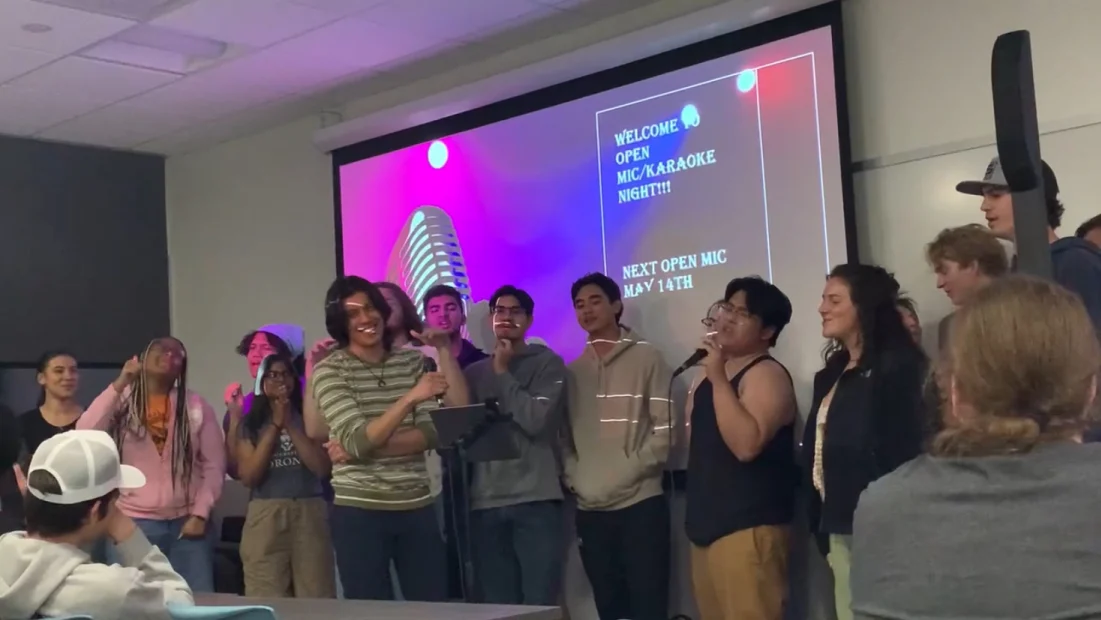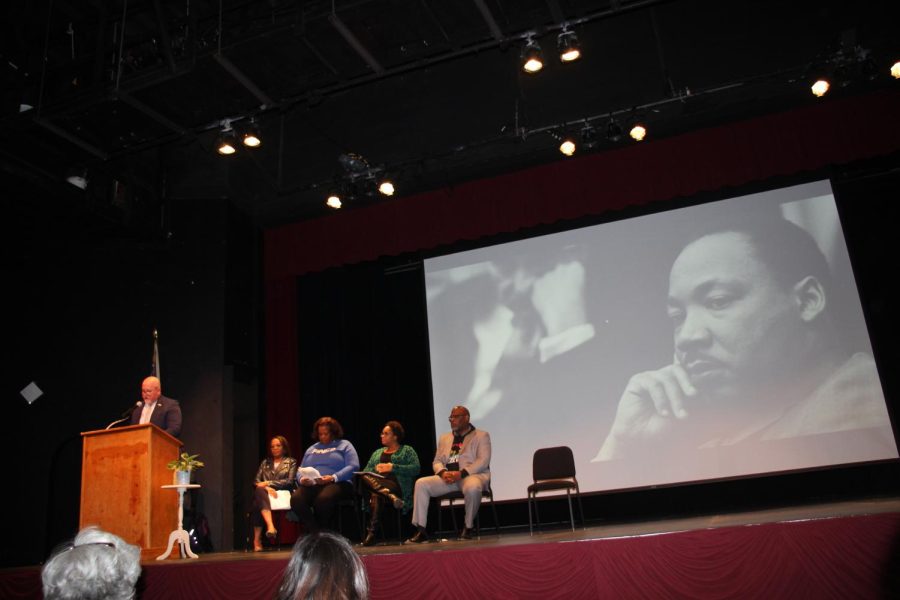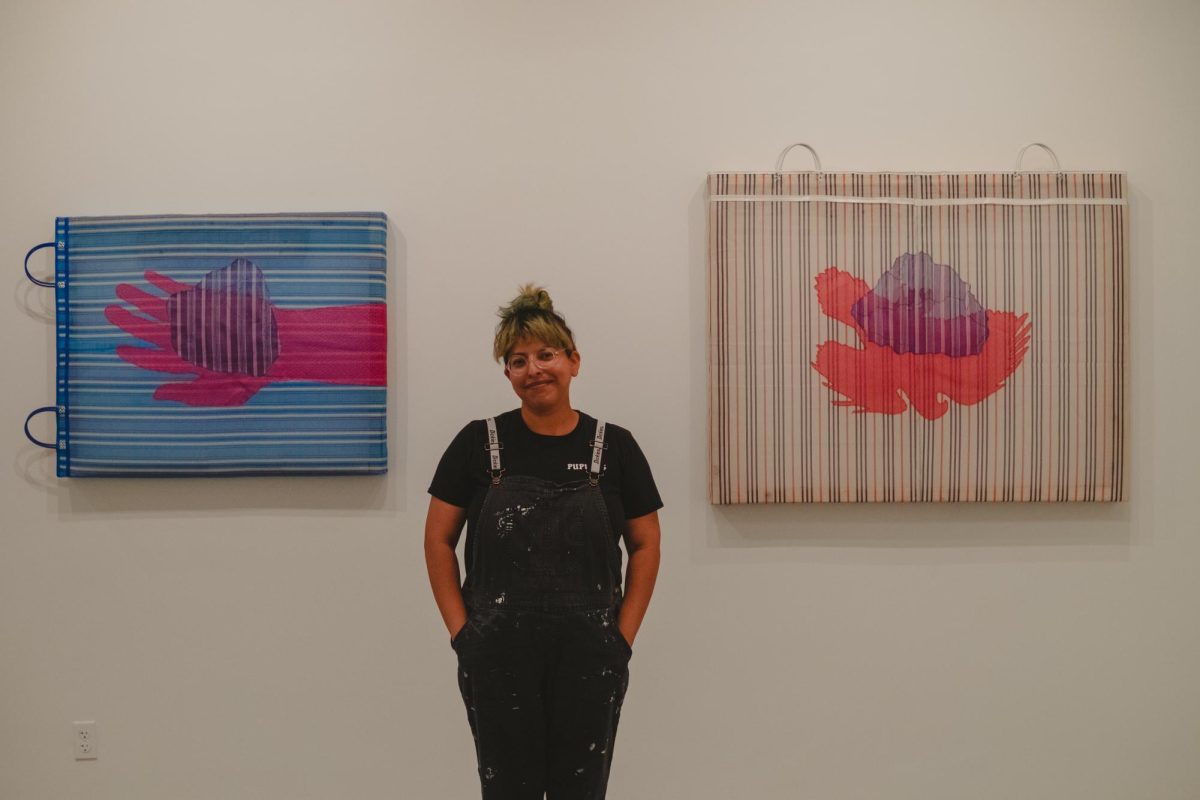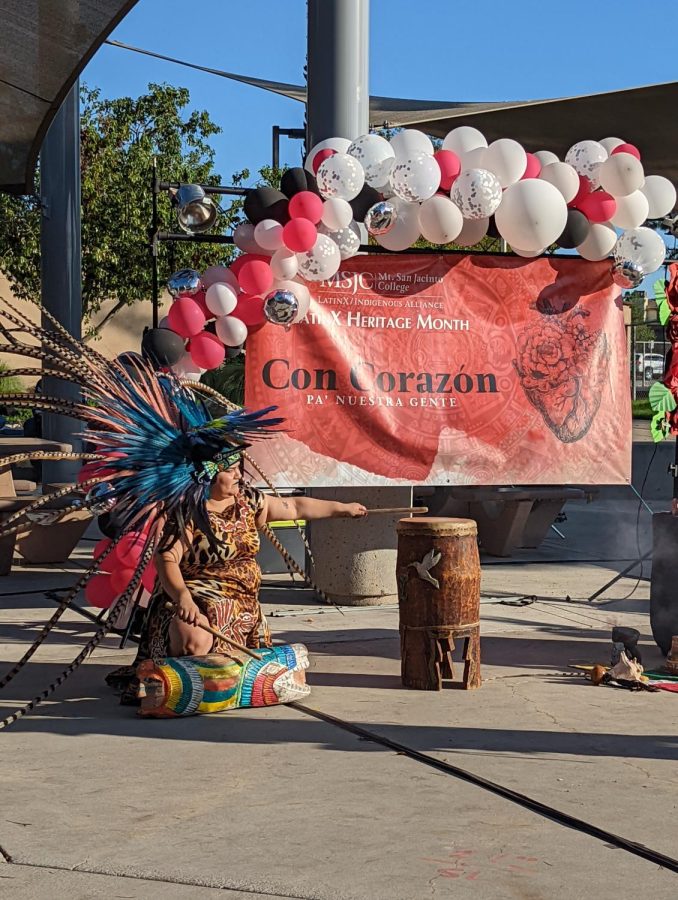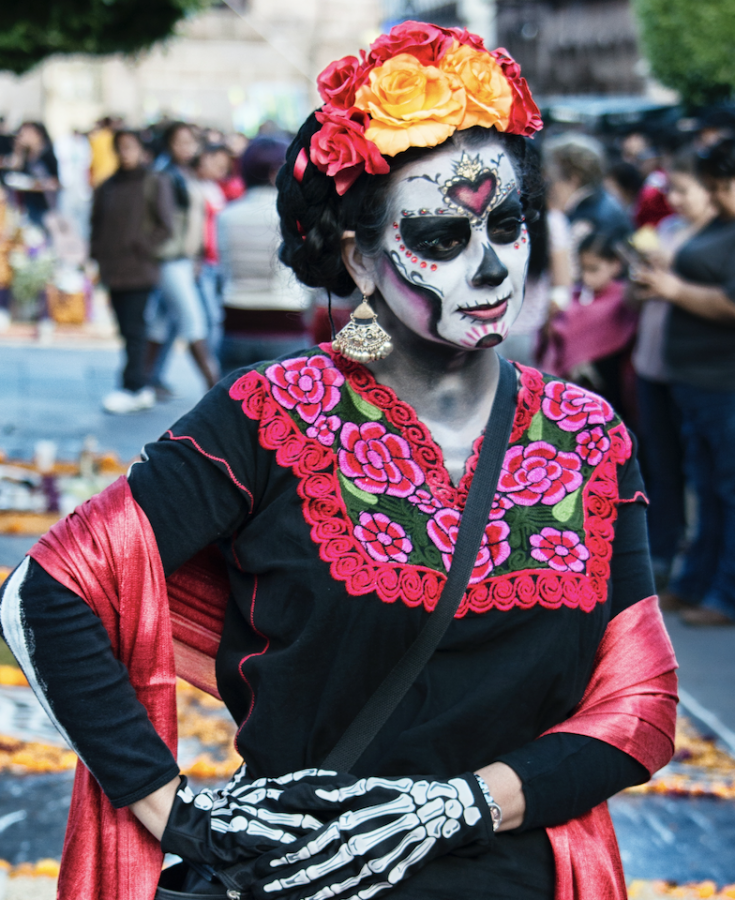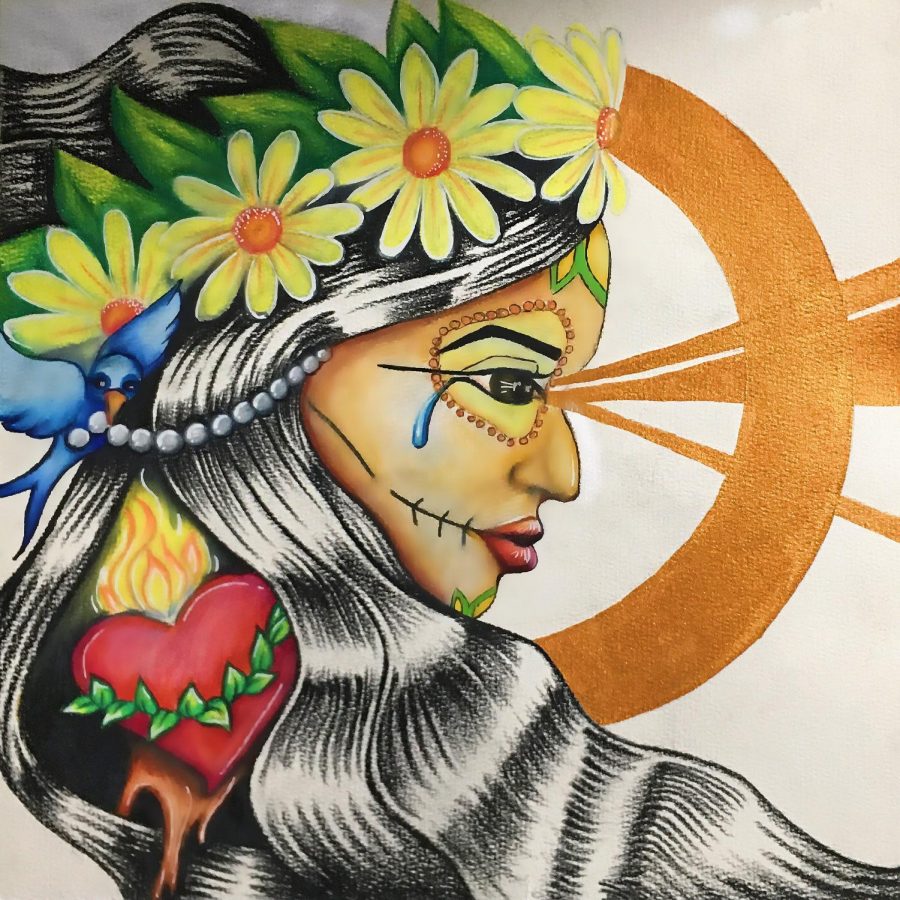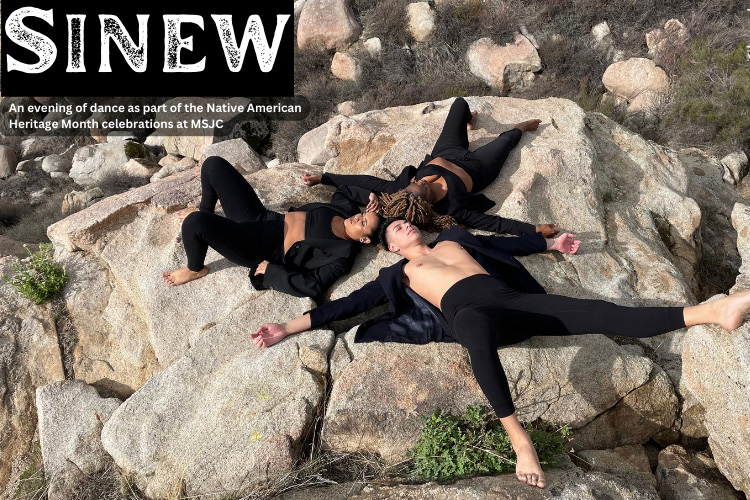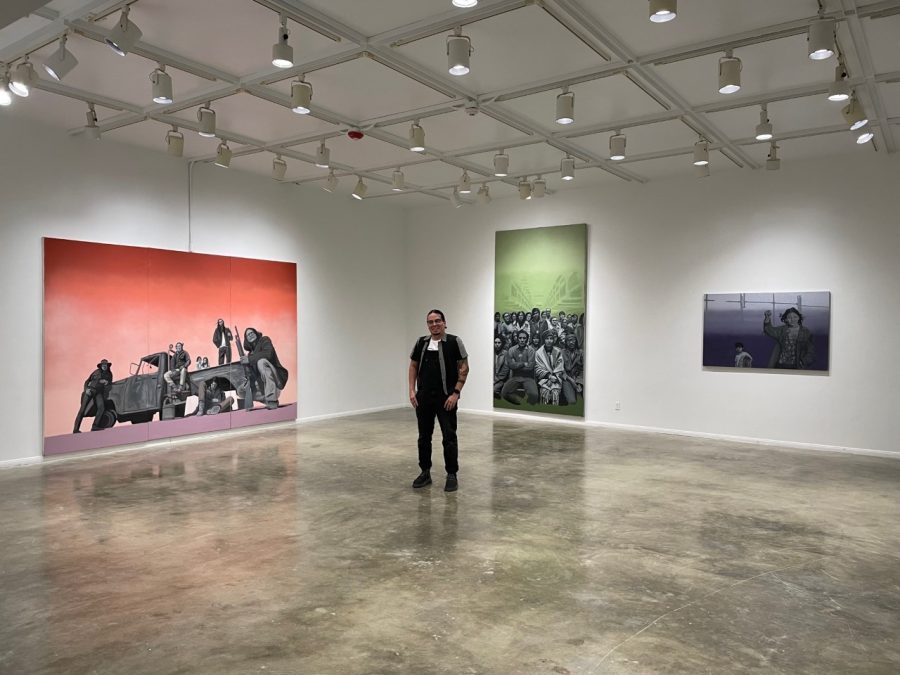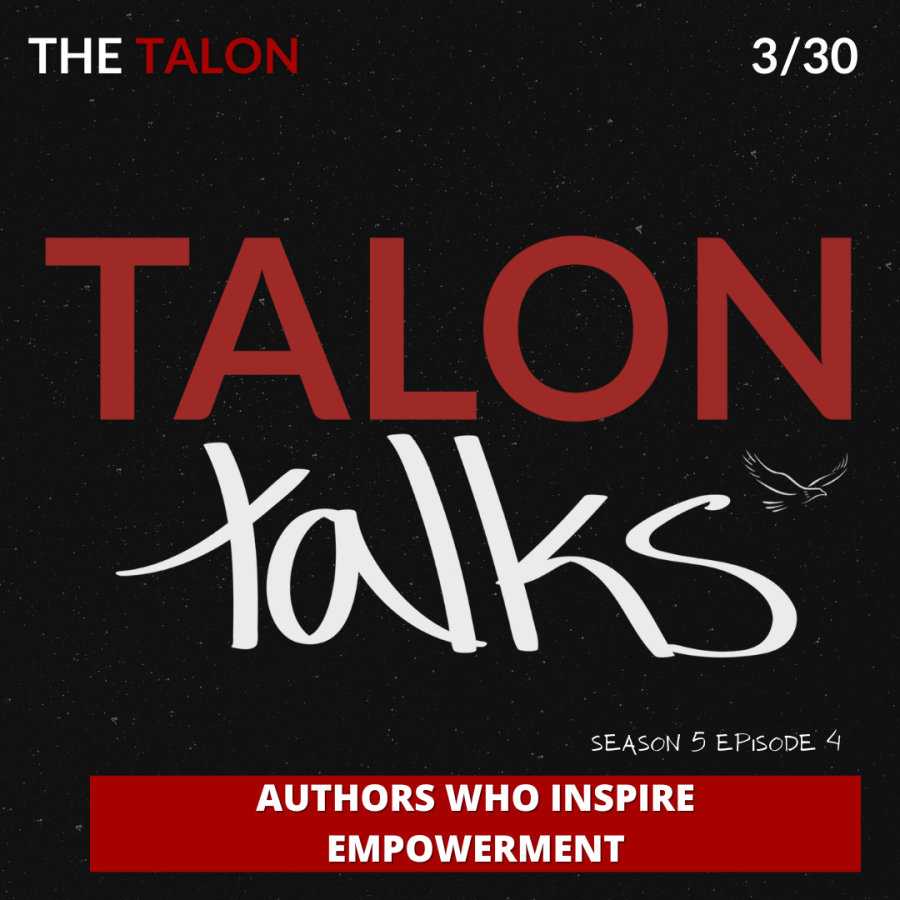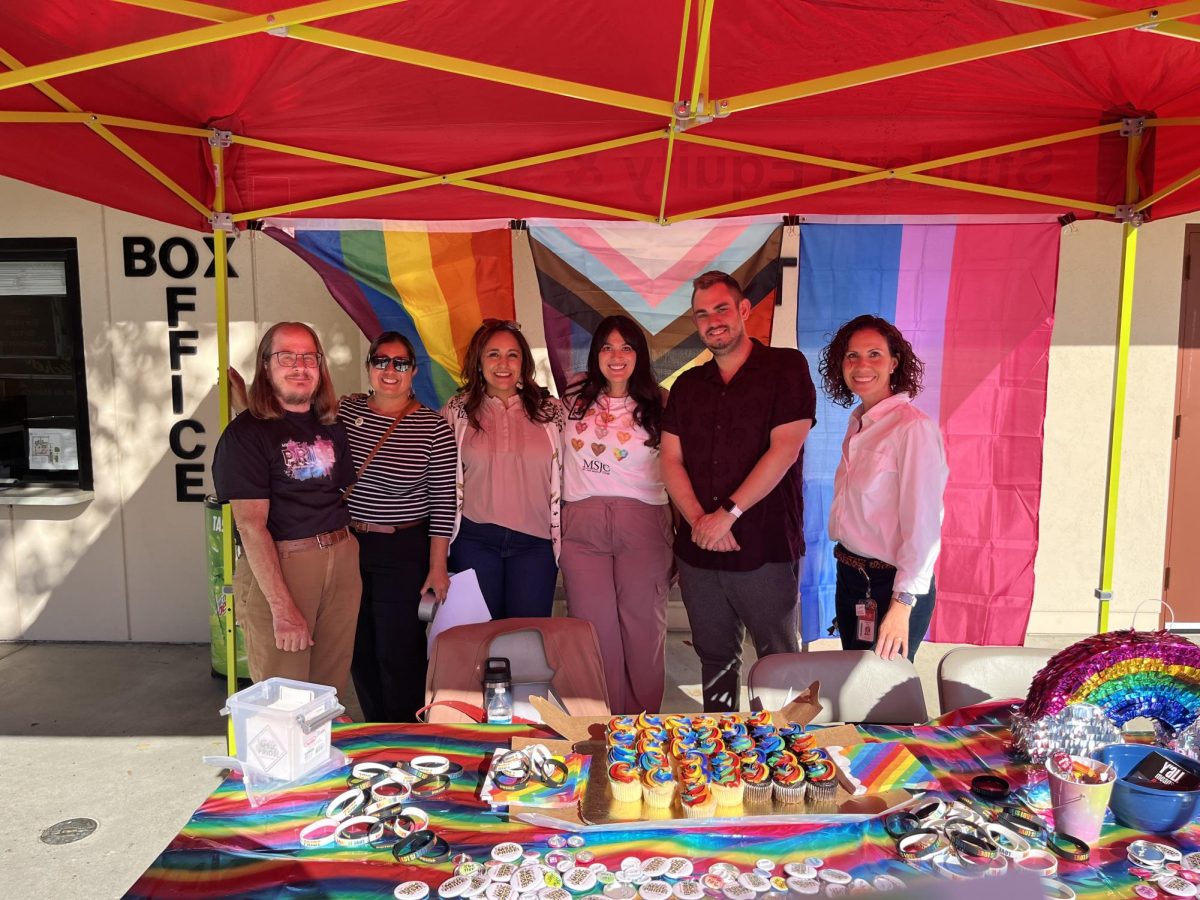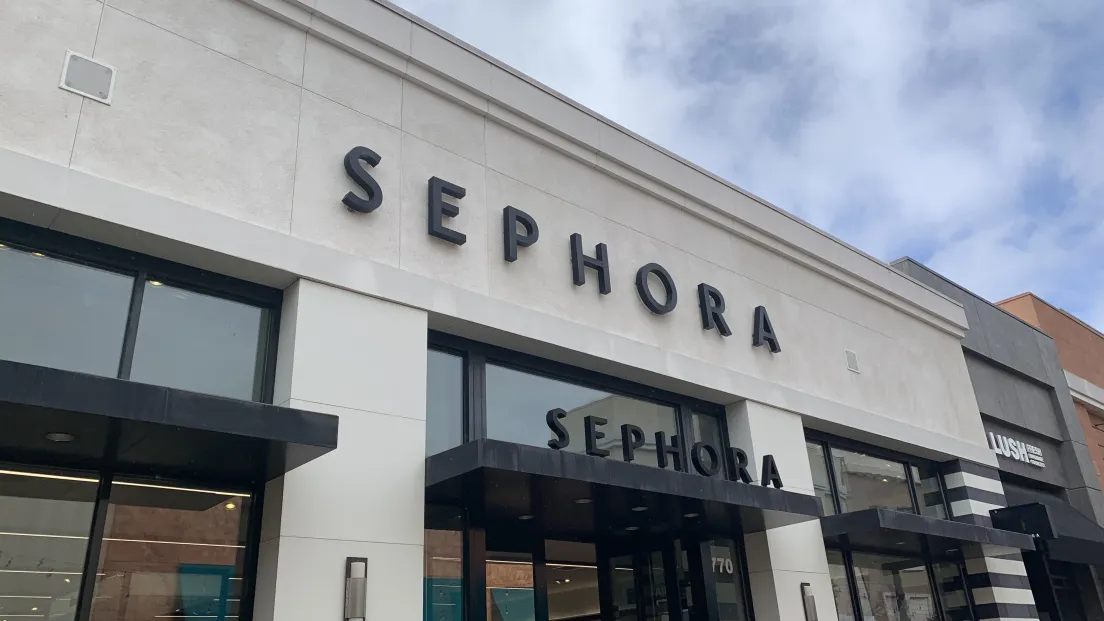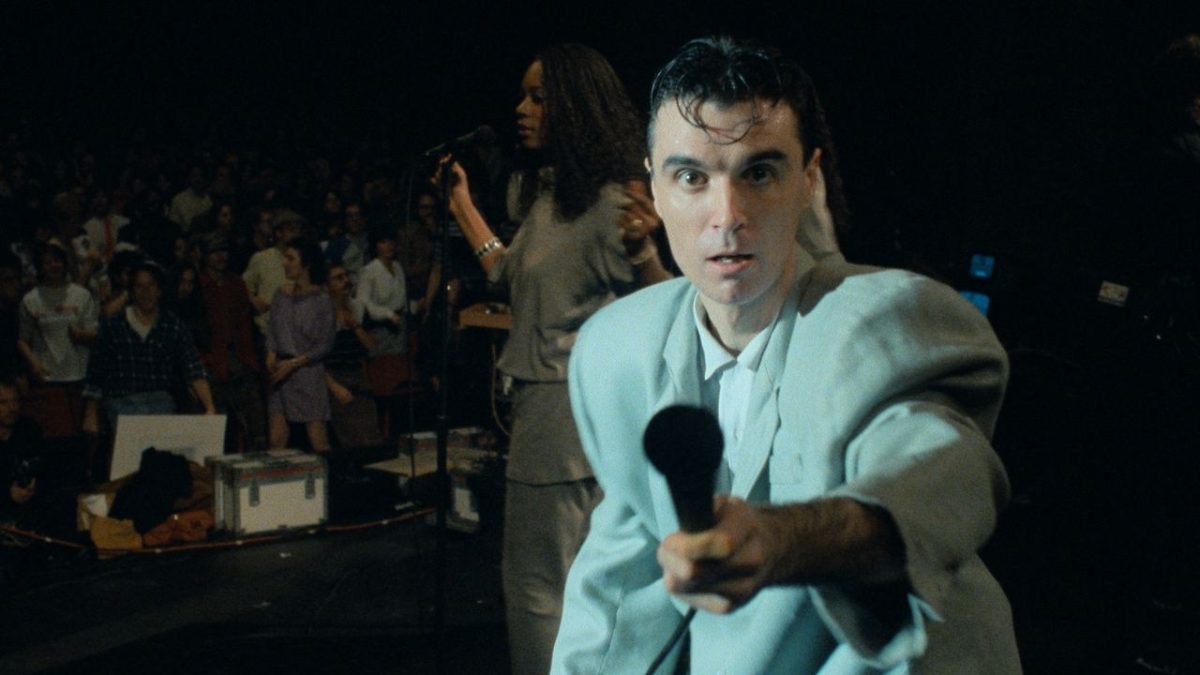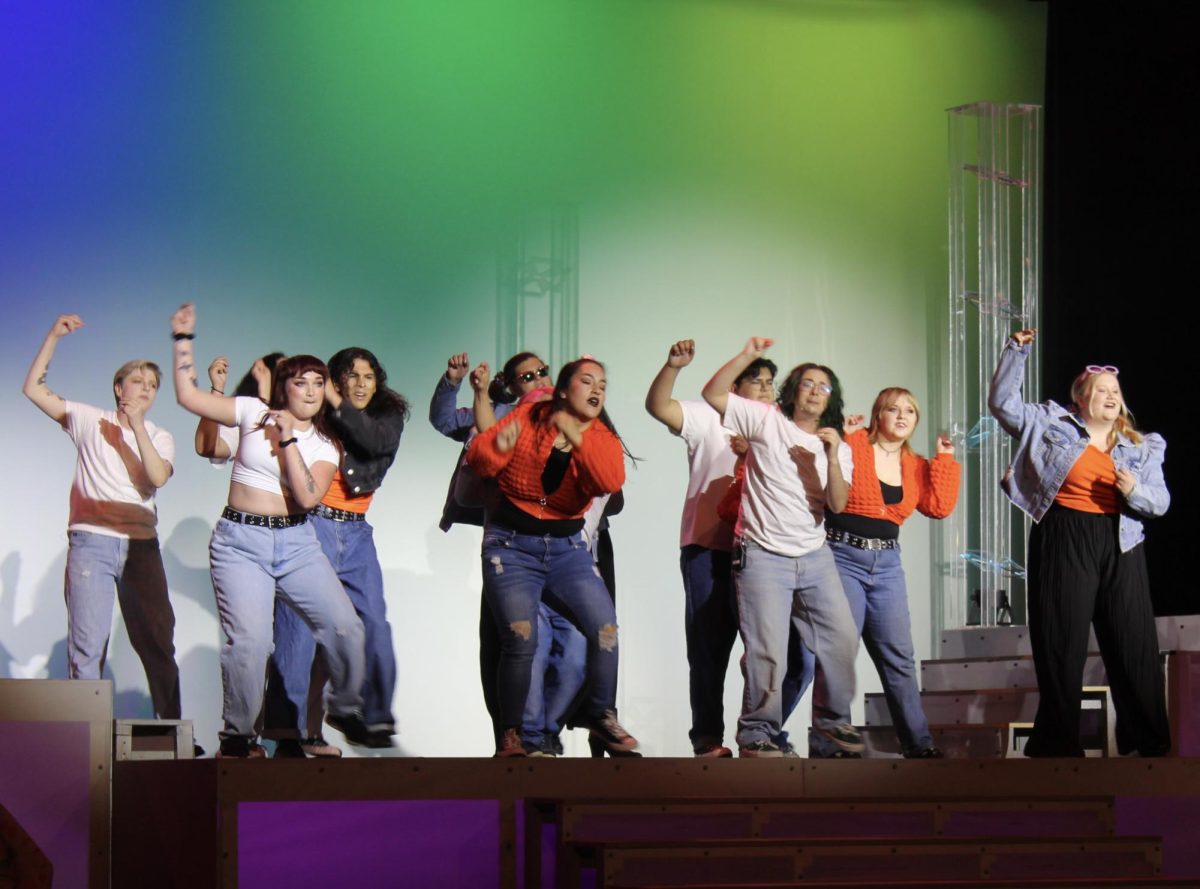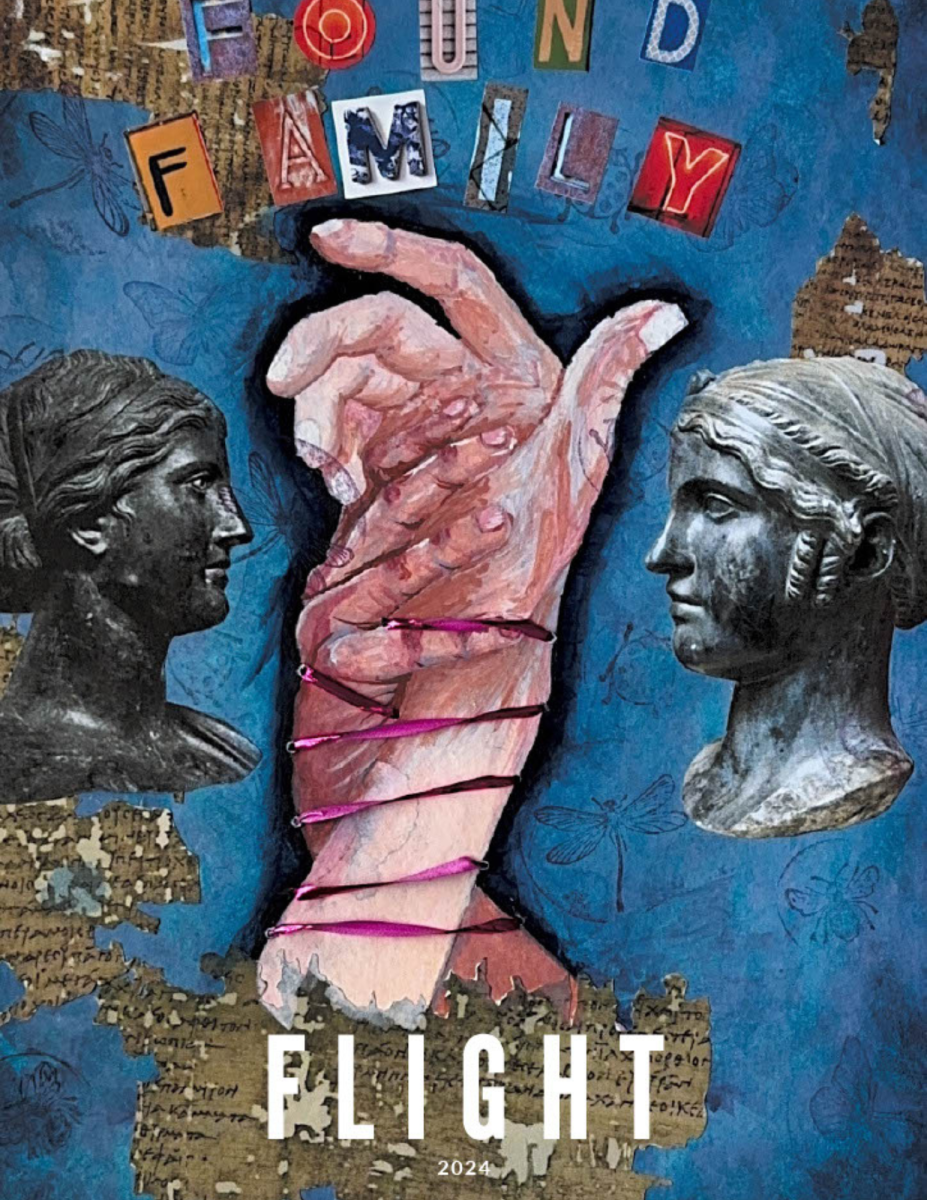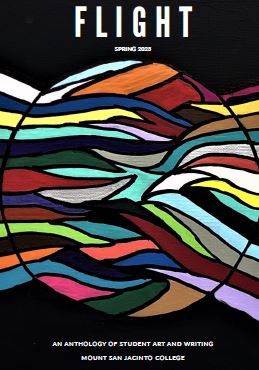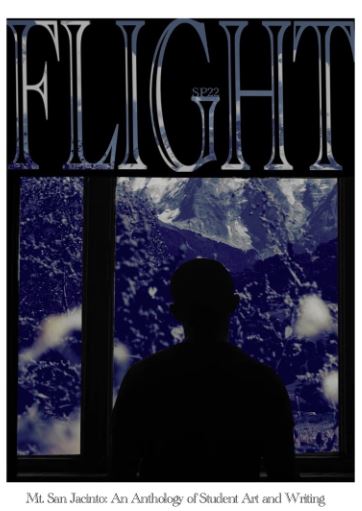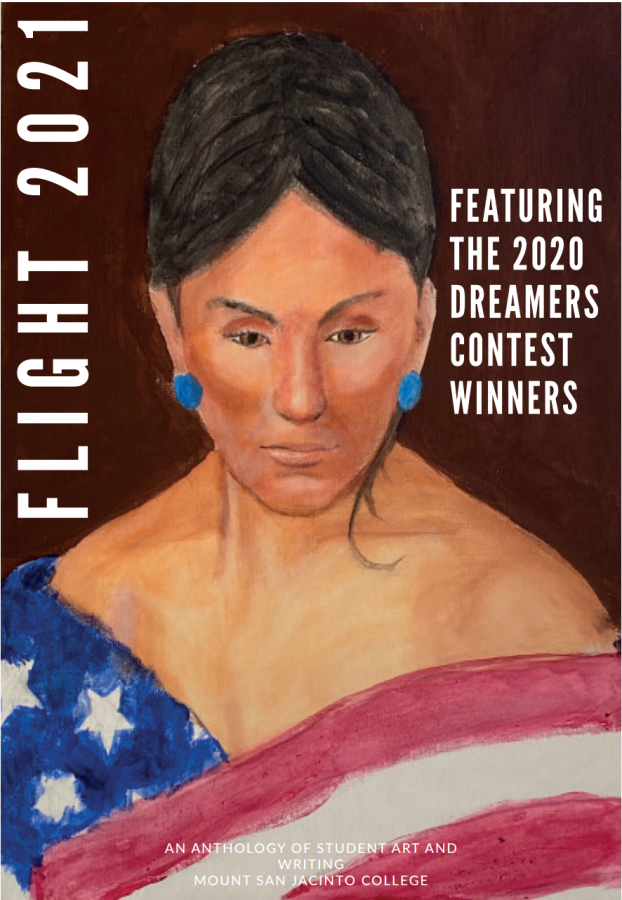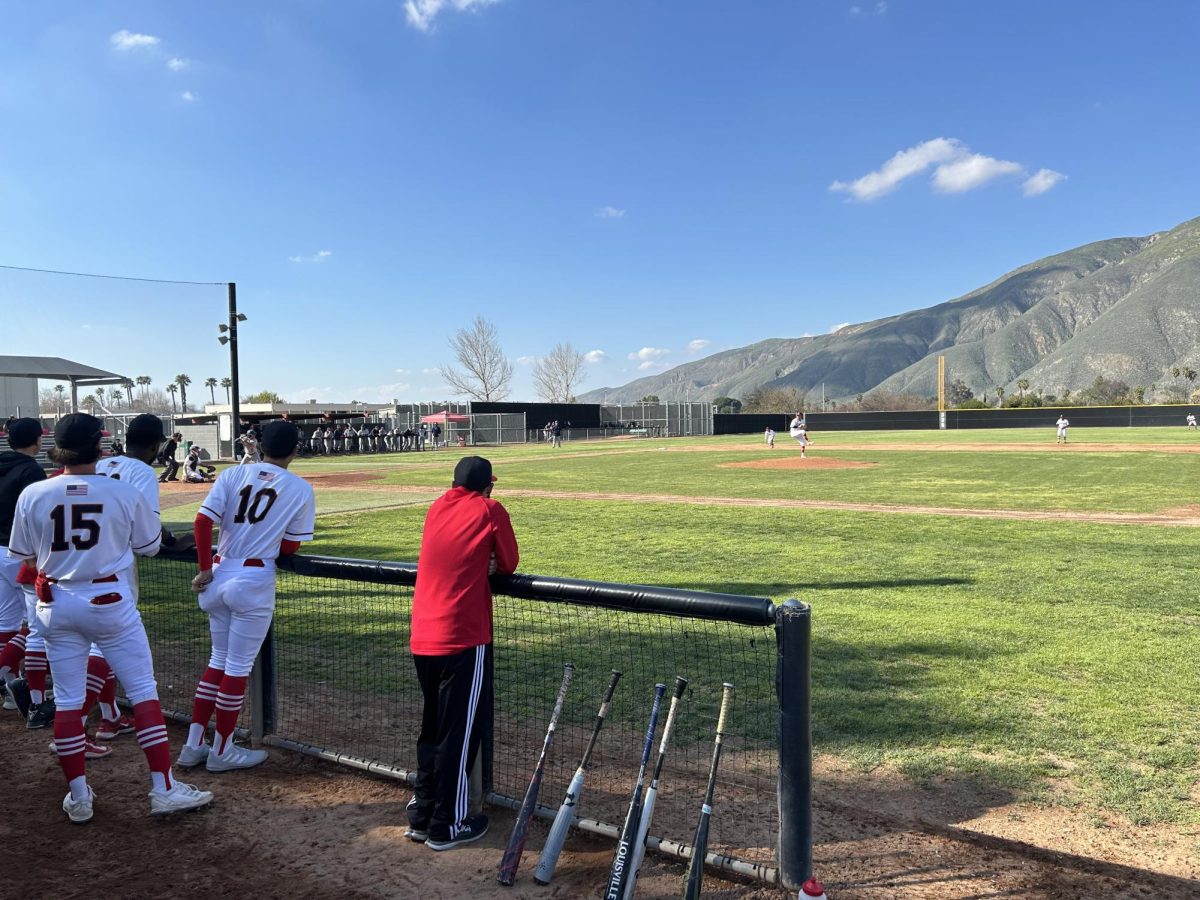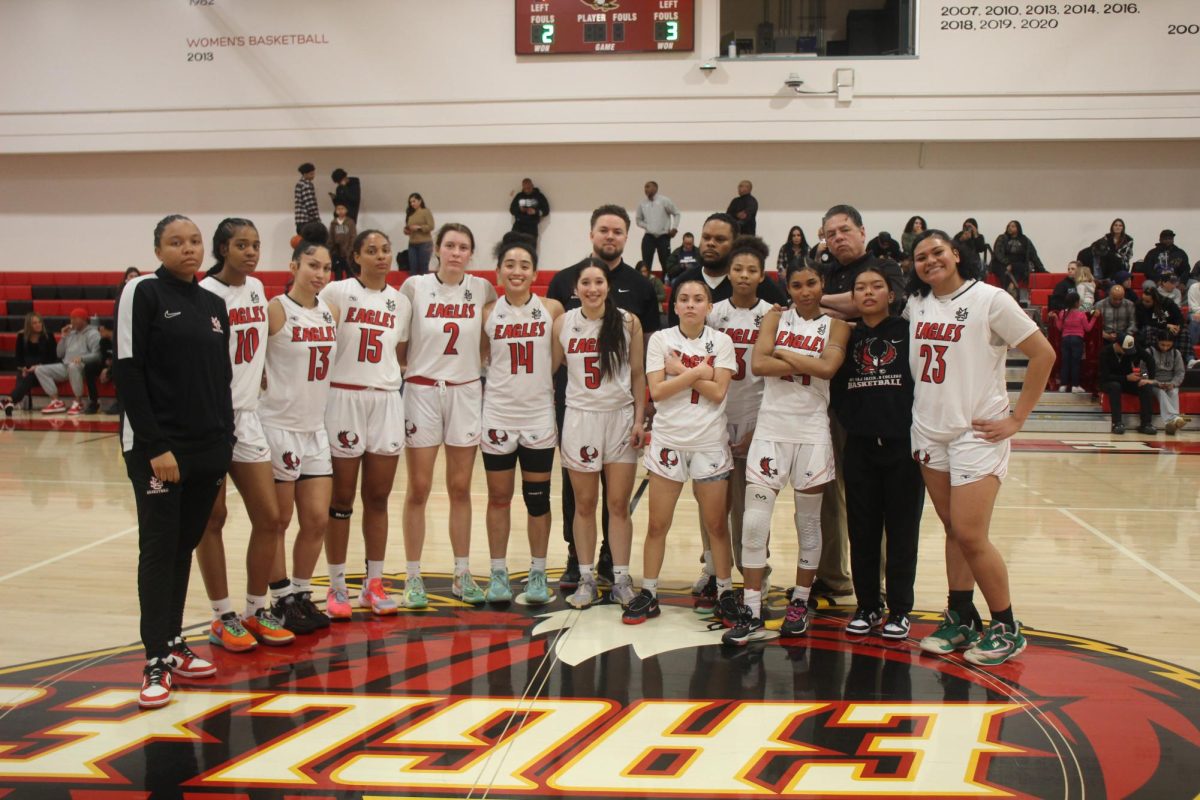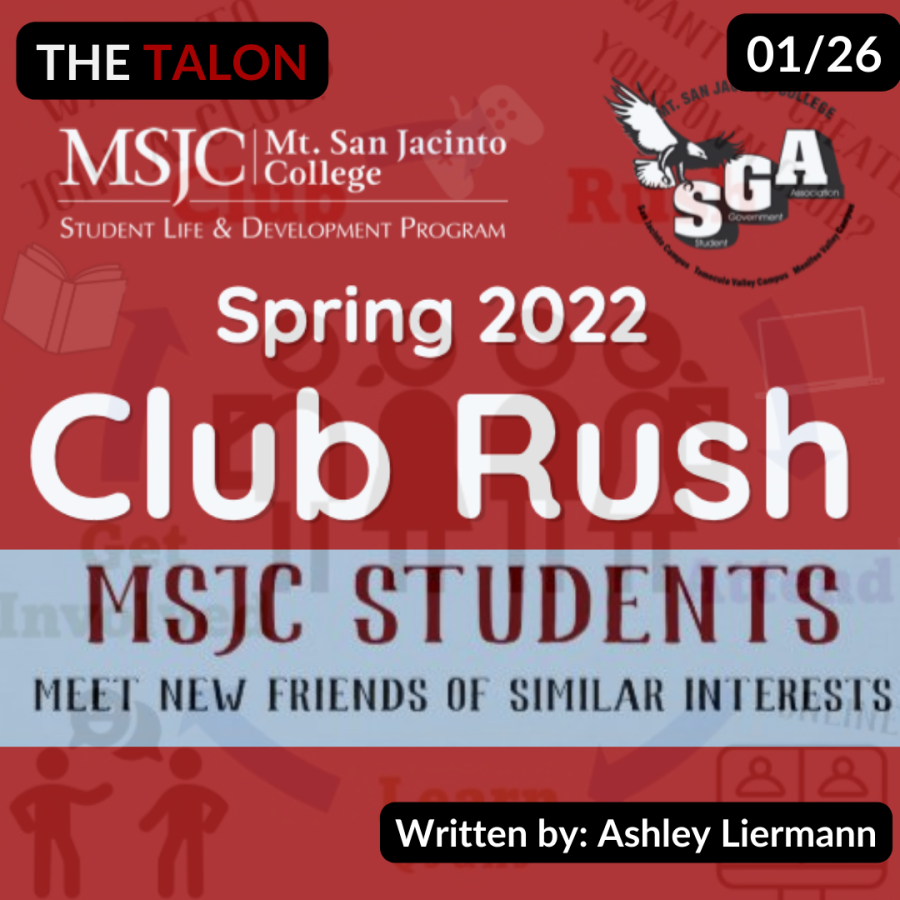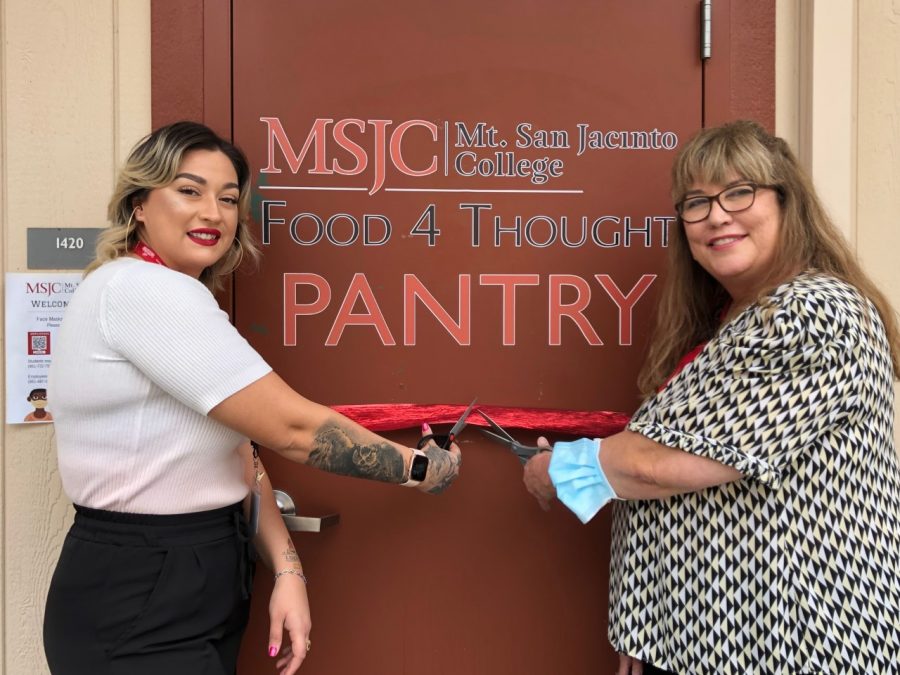By Jesus Alcala Avalos

Mt. San Jacinto College held an online Juneteenth celebration on June 19. Participants held a libation, provided historical context for Juneteenth, performed poems, and shared their thoughts. DJ Sketch played music in-between presentations.
Aysia Brown, part of MSJC’s Student Services and the Sankofa task force, was the host for the event. Brown opened with a speech explaining the purpose of this celebration.
“These past six months have felt like the longest 20 years we’ve had in a while,” said Brown.
During her speech, Brown named Rayshard Brooks, Breonna Taylor, George Floyd, Robert Fuller, and Tony McDade.
“I think it’s safe to say that none of those names wanted to be made famous for the way that they died, and so today, I want to celebrate their lives, their dreams, the people they loved, the people that loved them,” said Brown.
Brown encouraged the audience to get informed, become activists, and promote anti-racism.
She then introduced Marilyn Harvey, from MSJC’s Career Education. Harvey led a libation and sang the negro national anthem.
A libation is a ceremony that involves pouring a liquid in honor of the dead or a deity. Harvey explained that the libation will be used to ask their ancestors for permission to celebrate Juneteenth.
Harvey asked the audience to say “ashe,” pronounced “ah shay” and means “it is so.”
Brown then introduced Dr. Roger Schultz, MSJC President and Superintendent.
“I want to welcome you to MSJC’s first Juneteenth celebration,” said Schultz.
Schultz said that this Juneteenth celebration is the first step for MSJC in becoming an anti-racist institution.
Brown then introduced Von Lawson, dean at MSJC.
“[Juneteenth] conjures up for me memories of parades down Martin Luther King Jr. Avenue in Oklahoma City, ending up in Ralph Ellison Library on the corner of 23rd and MLK. Where some pre-chosen young person would read aloud the Emancipation Proclamation,” said Lawson.
At Ralph Ellison Library, someone would read the Emancipation Proclamation. Afterwards, people enjoyed food and shared works produced by Black artists.
Lawson also provided the historical context of Juneteenth.
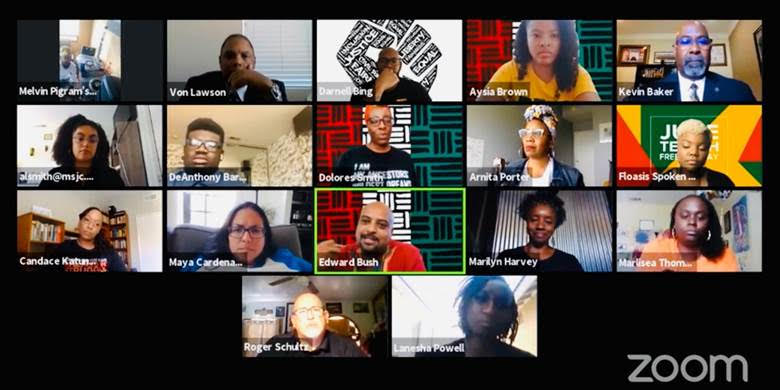
“I want you to imagine, each of you, that you graduated from MSJC with a degree two years ago, but you didn’t learn about the fact that you graduated until today,” said Lawson.
Lawson explained that the Emancipation Proclamation, which took effect on January 1, 1863, only affected states that seceded, exempting five states that would be known as border states. The Thirteenth Amendment later freed all slaves on December 6, 1865.
Texas was the most remote Confederate state, so slaveowners fled to Texas.
It took two years before the enslaved would be notified of their freedom. Gordon Granger read the Emancipation Proclamation to Texans on June 19, 1865. The anniversary of that reading would become Juneteenth.
As people migrated from Texas, they brought along the tradition of Juneteenth. In 1980, Texas became the first state to recognize Juneteenth as a state holiday. California recognized Juneteenth in 2003.
“I encourage you to take the word from Dean Lawson and just expand on your research,” said Brown.
Brown introduced Dr. Edward Bush, President of Cosumnes River College.
Bush thanked the MSJC administration and the Sankofa committee for being one of the first community colleges to host a Juneteenth celebration.
Bush then explained the power of definitions. The example he gave was “beauty,” where what is considered beautiful is often physical features that are common to Europeans and not common in Africans.
Bush advocated for people to learn about Black culture before enslavement and to not only focus on White norms.
“Let’s love freedom more than the idea of maintaining our jobs. Let’s love freedom more than the idea of getting paid. Let’s love freedom more than the idea of even graduating and earning degrees. All that will come when we are a free people,” said Bush.
Brown then introduced Lanesha Powell, MSJC’s UMOJA president.
Powell said that history class did not resonate with her because it wasn’t her heritage.
“I couldn’t read that stuff. I didn’t feel that it was true. So I felt like how can I constantly sit and read something that I know is not true and just fill my mind with these lies,” said Powell.
Powell has begun researching Black heritage and culture and wants to pass on that knowledge to her children.
Brown then introduced DeAnthony Barney, UMOJA vice-president and A2MEND president.
A2MEND helps people become better leaders in their community, according to Barney.
Barney thanked Kevin Baker, Darnell Bing, Von Lawson, and Dr. Antonio Bakes for providing guidance. Barney has been working on being more comfortable stating that he is a Black male.
The celebration entered intermission and Brown introduced the Juneteenth Royalty scholarship contest, sponsored by the MSJC Foundation.
Students may enter the contest by submitting a video or document on what Juneteenth means to them and how they empower the Black community.

Students submit their entry to [email protected]. Rewards include $100, $200, and $300.
After the intermission, Brown introduced Marlisea Thomas to begin the open-mic performances.
Thomas presented a poem meant to improve the self-esteem of Black girls and boys.
“Don’t you know that you’re beautiful? Don’t you know that your skin glows like the universe at night?” asked Thomas.
The poem also condemned the killings of Blacks.
Brown then introduced Candace Katungi, a professor of Black studies.
Katungi read “Bury Me in a Free Land,” an 1854 poem from abolitionist Frances Ellen Watkins Harper.
The poem advocated against slavery by using imagery such as lashing, slave auctions, and children taken from their mothers.
“I ask no monument proud and high. All that my yearning spirit craves, is bury me not in a land of slaves,” said Katungi.
Harper lived through the Emancipation Proclamation, abolition of slavery, and Jim Crow laws.
Brown then introduced Concrete Rose, a friend of Brown.
Rose first performed “Different Strokes,” which she wrote near the killing of Treyvon Martin. The poem criticized exploitation from the media and those that claim that “all lives matter” while ignoring the Black community.
Rose’s second piece was “Black Boy Joy,” which promoted the self-esteem of Black boys.
“If they are offended by your commanding stature, be bigger, be bolder, shine brighter, hold you chin higher, shoulders back, and extend every vertebra in your spine as long as the Nile so your crown pierces the clouds,” said Rose.
After the music, Brown introduced Alexander Sterling, MSJC English professor.
Sterling presented a poem about those that suffer racial injustices and criticized activist more concerned about their social media than the cause.
“How do we respond and not react? How do we move forward and not back? How do we come together and stay on track?” asked Sterling.
Brown then introduced Dolores Smith, dean at MSJC.
Smith presented a poem that was inspired by conversations with family members about the risk of death.
“If I die by a cop, then tell them my narrative is: I am a Black woman, full of joy,” said Smith.
Brown then introduced James Parker, student at MSJC.
Parker presented a poem titled “Questions.” The poem was a serious of questions that related to recent and past racial injustices.
“Does it matter to you if I tell you that I’ve seen a barrel of a cop’s gun at the age of 14?” asked Parker.
Brown then introduced Alexia Smith, MSJC financial technician and alumnus.
Smith read from Lean’tin Bracks’ “African American Almanac.” The book detailed accomplishments of those from the Black community.
Smith then shared a poem from her uncle, titled “It’s all there.” The poem advocated for appreciating what one has and receive what they deserve.
Brown then introduced Arnita Porter, from the law department at MSJC.
Porter shared a poem advocating for an America that better represents the principles of liberty.
“Let America be great, again? Let America be America again,” said Porter.
Brown then introduced Maya Cardenas, MSJC associate dean.
Cardenas read a piece from Dr. DL Stewart, professor at Colorado State University. Stewart’s work empathized with those killed recently.
“As much as it hurts, I will share my pain and my sadness within my community, along with my rage,” said Cardenas, as written by Stewart.
Brown then introduced Darnell Bing, UMOJA coordinator and Kevin Baker, A2MEND advisor.
Bing shared a poem criticizing the system that allows police officers to kill without suffering the punishment that civilians face.
Bing then talked about UMOJA, which provides a supportive community so that members obtain their career and educational goals.
Baker thanked the audience, board, administrators, and participants for the celebration.
Baker talked about A2MEND, which provides a supportive community for Black males that provides life skills to its members.
Brown then closed the ceremony, thanking the participants, administration, and MSJC Foundation.
“Think about what you can do for this movement and how you are gonna help change this country,” said Brown.
Dolores Smith, Dean of Student Services, provided the names of the people who helped make the Juneteenth MSJC event possible and the Sankofa Task Force:
“Under my leadership, the Juneteenth Celebration was hosted and created by the newly formed Sankofa Task Force (STF).
- The MSJC Sankofa Task Force (STF): Sankofa is the African word from the Akan tribe in Ghana expressing the importance of teaching back to knowledge gained in the past and bringing it into the present in order to make positive progress.
Sankofa Task Force Members:
- Dolores Smith, Dean of Student Services
- Aysia Brown, Director of Student Judicial Affairs
· Kevin Baker, Director of Talent Search, A2MEND Coordinator
· Darnell Bing, Associate Counselor, Umoja Coordinator
· Marilyn Harvey, Dean of Career Education
· Heather Jones, Associate Counselor of EOPS/GLP
Student input in the Juneteenth and future request of student support:
Marlisea Thomas
Lanesha Powell
James Parker
DeAnthony Barney”

